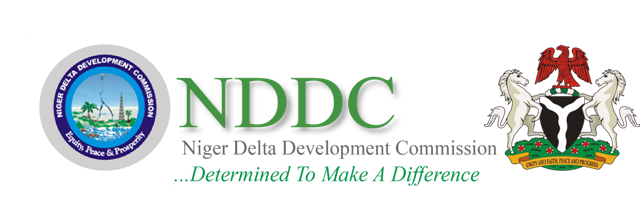The acting managing director of the Niger Delta Development
Commission (NDDC), Prof. Nelson Brambaifa, has said that the commission is
committed to foreign post-graduate scholarship programme, which was introduced
in 2010, to equip graduates of Niger Delta origin with the relevant training
and skills.
Brambaifa stated this when he visited the candidates writing the commission’s computer-based test at the ICT Centre of Rivers State University (RSU), Port Harcourt, as part of an on-the-spot assessment of the scholarship process.
He said the overseas post-graduate programme was critical to capacity building and improving educational standard in the oil -rich Niger Delta region.
He said the NDDC had paid over N2 billion to settle outstanding stipends and fees for its scholars under the foreign post-graduate scholarship programme.
He revealed that 3,112 candidates, selected from over 5,000 Niger Delta indigenes who applied for the programme took part in the test.
Brambaifa stressed that the payment for the NDDC’s overseas scholars followed the resolution of issues with the Central Bank of Nigeria (CBN), which he said had delayed the remittance of the funds to the foreign universities.
He disclosed that he recently led a delegation, which included NDDC’s acting executive director, finance and administration Dr. Chris Amadi, on a five-day working visit to some universities in the United Kingdom.
Brambaifa disclosed that the visit afforded the NDDC team an opportunity to deepen the existing relationships with the foreign universities and take advantage of other mutually beneficial programmes.
The consultant for the scholarship programme, Mr. Godson Ideozu, in his remarks, said the CBT encourages transparency, since the candidates would see their scores immediately after writing the test.
Ideozu observed that the candidates, comprising those for masters and doctoral degrees, were examined primarily in their core areas of study, noting that the exercise was not only fair, but gave the applicants equal opportunities to compete.
For her part, the commission’s assistant director of education, health and social services, Mrs. Seledi Thompson Wakama, noted that the scholarship scheme was part of commission’s human resource development initiatives.
Wakama said that after the computer-based test, successful candidates would be selected for oral interview, where about 200 candidates would emerge as the beneficiaries of the scholarship scheme, while insisting that the process was very transparent.




























































